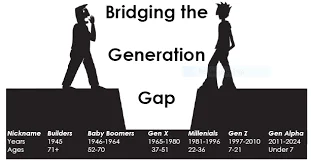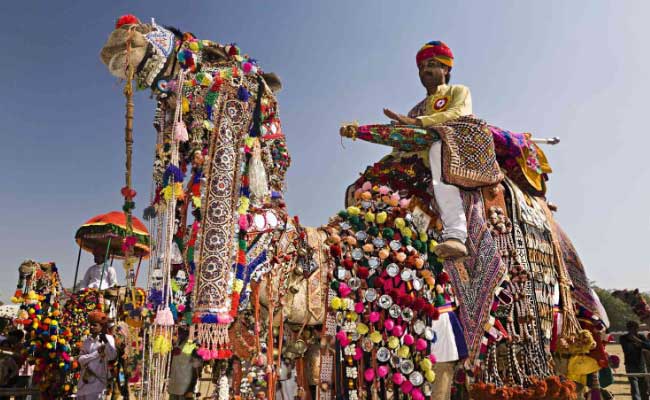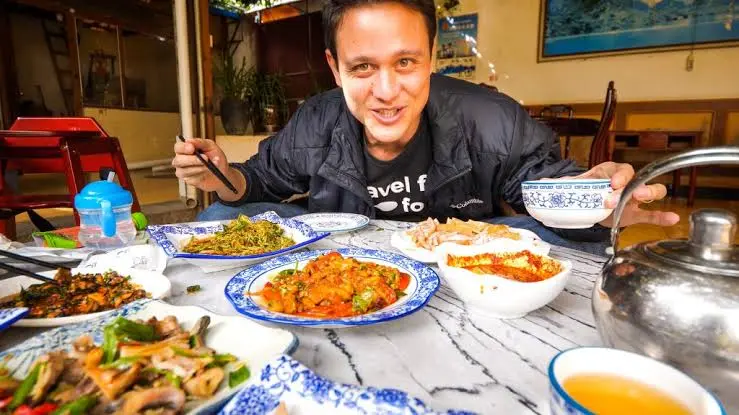Traditional Sports and Games: In a fast-paced, technology-driven world, where digital entertainment and virtual gaming dominate, traditional sports and games hold a special place in our hearts. These age-old activities, passed down through generations, reflect the cultural heritage and values of societies worldwide. They provide a unique and irreplaceable experience, fostering social interaction, physical fitness, and a connection to our roots. In this article, we delve into the significance of traditional sports and games, exploring their cultural relevance, health benefits, and the importance of preserving these cherished pastimes for future generations.
I. Cultural Heritage and Identity:
Traditional sports and games are woven into the fabric of a community’s culture and history. They serve as a means to celebrate and preserve a society’s unique identity. Whether it’s kabaddi in India, lacrosse in Native American cultures, or sumo wrestling in Japan, these activities embody the essence of a nation or region. They promote a sense of belonging, nurturing cultural pride and unity among participants and spectators alike.
II. Community and Social Interaction:

One of the key elements that sets traditional sports and games apart is their ability to bring people together. Unlike modern sports that often require expensive equipment or specialized venues, traditional activities are accessible to all. From simple games like tag or hopscotch to more elaborate sports like hurling or sepak takraw, they can be played anywhere, fostering camaraderie and social interaction among individuals of all ages, genders, and backgrounds. These games create a platform for shared experiences, strengthening social bonds within communities.
III. Physical Fitness and Well-being:
In an era where sedentary lifestyles and screen time dominate, traditional sport and games offer a refreshing break, encouraging physical activity and promoting overall well-being. Many traditional activities involve a combination of endurance, strength, agility, and skill. For example, martial arts such as kung fu or capoeira provide a holistic approach to physical fitness, enhancing not only physical strength but also mental discipline and focus. Engaging in these activities not only improves cardiovascular health but also enhances motor skills, coordination, and flexibility.
IV. Educational Value and Life Skills:
Traditional sports and game are not only fun but also offer valuable educational opportunities. They teach essential life skills such as teamwork, perseverance, discipline, and respect for rules and opponents. These activities often incorporate elements of strategy, problem-solving, and critical thinking, challenging participants to adapt and make quick decisions in dynamic situations. Moreover, traditional games often rely on oral tradition, passing on cultural knowledge, folklore, and historical narratives to younger generations, preserving their heritage.
V. Preserving Tradition for Future Generations:
In today’s rapidly changing world, traditional sports and games face the risk of fading away. As younger generations embrace modern forms of entertainment, the knowledge and passion for these activities diminish. However, efforts are being made to preserve and revitalize traditional sports and games. Schools, cultural organizations, and communities are recognizing the importance of integrating these activities into educational curricula and promoting their practice through festivals, workshops, and exhibitions. By passing down these traditions, we ensure that our cultural legacy endures.
VI. Bridging the Generation Gap:

Traditional sports and games have a unique ability to bridge the generation gap. They provide a common ground for grandparents, parents, and children to bond and share experiences. By engaging in these activities together, families strengthen their ties, passing down values, skills, and memories from one generation to the next. Traditional sports and games serve as a reminder of simpler times when human connection was at the forefront, and digital distractions were nonexistent.
Traditional sports and games are an invaluable part of our shared heritage, offering a myriad of benefits ranging from cultural preservation to physical fitness and social interaction.
Read Also: Sourav Ganguly as a BCCI President
![]()






One thought on “Traditional Sports and Games”